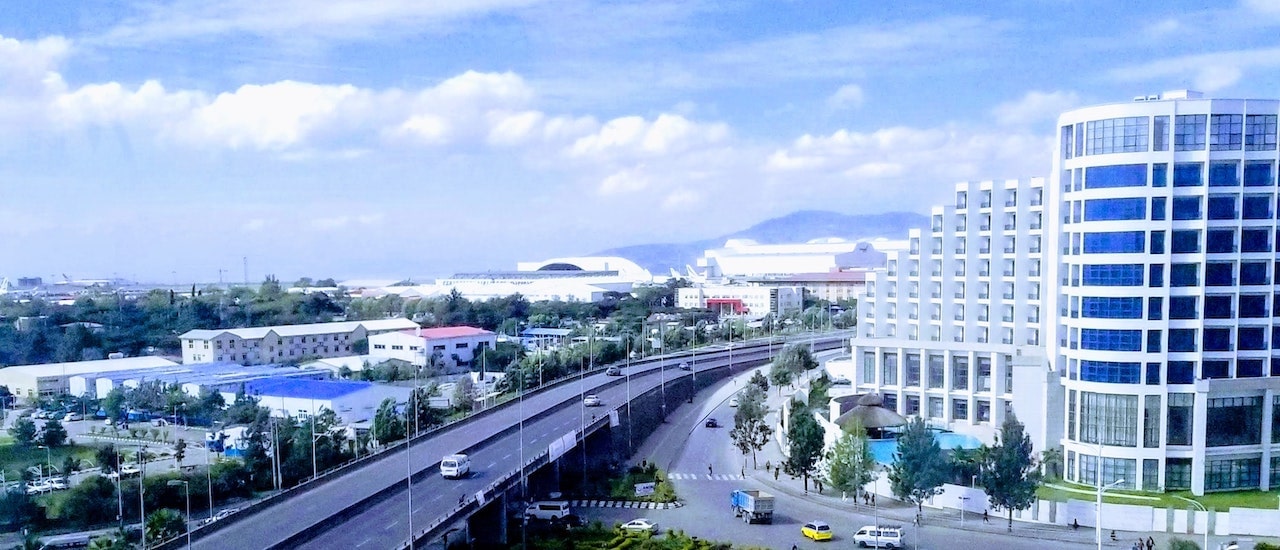When it comes to Ethiopia’s future online, there are many reasons to feel optimistic.
The country has one of the fastest-growing economies in the region, is strategically placed, and has a population of over 105 million, 60% of whom are under the age of 30. All of these are assets to make it a regional digital giant.
But this won’t happen unless Ethiopia takes some strategic moves. Internet penetration is still very low compared to its peers in Africa. The rural areas are still largely unconnected to the Internet. Only cities enjoy 3G access and 4G is only available in the capital. In spite of successive price cuts by Ethio telecom in the last year, the Internet is not affordable for the majority of Ethiopians.
It’s not that the government has not wanted to connect the rural areas. In fact, the rationale that the Ethiopian government had to keep the monopoly was to use the money generated from cities to invest in the rural areas. However, this strategy has clearly not worked since Ethiopia’s rural areas are not better connected than those in countries that have not had a government monopoly on the sector, such as Kenya.
It is therefore good news that Ethiopia has liberalized the market, puts in place the Universal Service Fund (USF), and is requiring that the new entrants have coverage obligations. However, this should not be all. Unfortunately, both USF and coverage obligations have been used by many countries with limited success. Ethiopia should learn from others successes and failures and be open to enquire about new and many complimentary solutions to connect rural areas.
Ethiopia also has to build a real Internet ecosystem. As its telecom and Internet market opens up, it needs to build institutions and rules for the new market. It needs an independent Internet Exchange Point (IXP), a ccTLD standing on its own feet, many medium and small ISPs, and other service providers to cater to different needs. This is as much a challenge as an opportunity. On the one hand, Ethiopia does not have the required expertise, capital, etc. readily available. On the other hand, if it overcomes these hurdles, it will open job opportunities for thousands, if not hundreds of thousands of Ethiopians.
But as much as the opportunities are real and exciting, it requires frank and continuous dialogue between the various stakeholders to bring real and positive change. There is no magic solution that is guaranteed to work. Thus, the only way to increase its chances of success is to develop a smart strategy by involving all actors and reviewing the strategy on a very regular basis.
It is therefore my great pleasure to announce the Ethiopia Internet Development Conference and the establishment of the Ethiopia Chapter of the Internet Society, which I believe are both important for this critical national dialogue.
Ethiopia’s first-ever Ethiopia Internet Development Conference will take place form 3-5 March in Addis Ababa. Hundreds of participants, from policymakers, local and international private sector organizations, academia, and civil society will sit together for concrete discussions about unlocking connectivity in Ethiopia. The registration for on-site attendance is closed but you can still attend online. (Please find information about online participation here.)
As highlighted in the 2020 Action Plan, engagement with the Internet Society community is key to our shared success. The long-awaited Internet Society Ethiopian Chapter, which officially launched 2 March at the Addis Hilton Hotel, will be a forum for all stakeholders to meet and work together for the development of the Internet in Ethiopia.
Help shape the Internet’s future. Join Internet Society Ethiopian Chapter!

